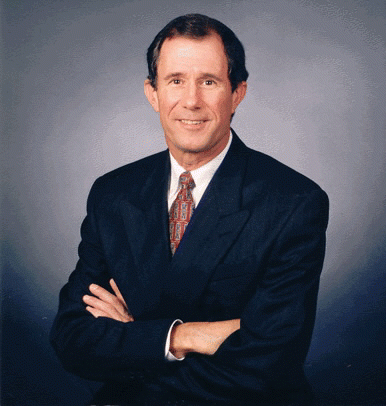Politics is not a four-letter word. Yes, some of the posturing and dogmatic stands can be off-putting, but in our democratic system, politics is necessary and important. Michael Crichton, the physician-author, put it well: Resolving incompatible goals is a true function of politics.
Explore This Issue
October 2008There are several ways to get involved in the political process. Perhaps the easiest is to let an organization represent you. Most of us belong to one or more trade organizations that will represent our collective interests. This does not require any particular effort on our part other than paying dues, but unless the organization represents a large bloc of voters, the influence is limited and diffused.
Perhaps next on the influence scale is to donate money to a party, an organization that lobbies for your cause, or a political action committee (PAC). This is an effective way of influencing the political process, although you leave the final decision to the organization as to where the money goes. A more direct way to make you thoughts known is to make a contribution to a candidate directly. Physicians, as a group, are notoriously stingy when it comes to contributions to political campaigns. Businesspersons and lawyers know well the value of participating in the political process, including contributions to candidates, which is one reason why they tend to have so much political influence.
Without a doubt, the most influential method is to develop a personal relationship with a political candidate. We, as physicians, have a unique opportunity, as politicians need to see us with some regularity as patients. Although we don’t want necessarily to mix a physician visit with politicking, the fact that a relationship exists is an entree to letting your thoughts be known in some other venue.
For those of you who have visited your congressional representative’s office, you know that the staff is young, omnipresent, and very influential. Although all these facts are true, it is important to also understand that, for the most part, they are very smart, well intentioned, and work very hard. The senators and representatives count on their efforts to make Congress work. In case you cannot meet with your representatives, understand that developing a relationship with their staff is almost as good. The staff develops the background information that the representative uses to make a decision, so having an ongoing relationship with the staff can pay big dividends. If the staff member knows he or she can call on you for an opinion on some medical legislation, you have an incredible opportunity to make an impact.
Above All, Vote!
The upcoming election is an opportunity for all voters to make their interests known. As do most voters, we have a number of issues that we weigh to determine how we will vote on candidates and propositions. These vary from inherent values to socio-economic interests and other factors that we must consider in making our voting decisions. However, this process matters only if we enter the voting booth and pull a lever. If we don’t do this final step, good intentions count for naught.
Although nothing can be guaranteed to pass the legislative gauntlet, health care reform is high on both parties’ agendas. As health care professionals, we owe it to ourselves and our patients to learn about the different approaches and make informed decisions.
 If you don’t participate in the process, then you can’t legitimately complain about the outcome.
If you don’t participate in the process, then you can’t legitimately complain about the outcome.We have to participate in the process. It is one thing to complain about the outcome of an election and the subsequent policies that are developed as a result of the voting process. All of us-myself included-have had disagreements with decisions that are made at the local, state, and national levels. However, as our practices are influenced more and more by decisions being made nationally as well as in state legislatures, we need to learn that standing on the outside and complaining about the outcome is not going to work. If we don’t participate in the political arena-and in particular, if we don’t go into the voting booth and pull the lever-we have no basis for grousing.
As is noted in the title of this editorial, or not is an option that, unfortunately, many Americans take. It is striking to me that the percentage of our population that votes in elections is so low compared with that in many newly formed democracies and other countries. Whatever your issues, party affiliation, or other decision-making factor, please remember to vote. If you don’t participate in the process, then you can’t legitimately complain about the outcome.
Send Us Your Feedback
We’d like to know what you think about our articles. Please feel free to respond to our stories by e-mailing ENToday@lwwny.com. When writing in please include your full name, title, phone number, and e-mail address.
©2008 The Triological Society
Leave a Reply